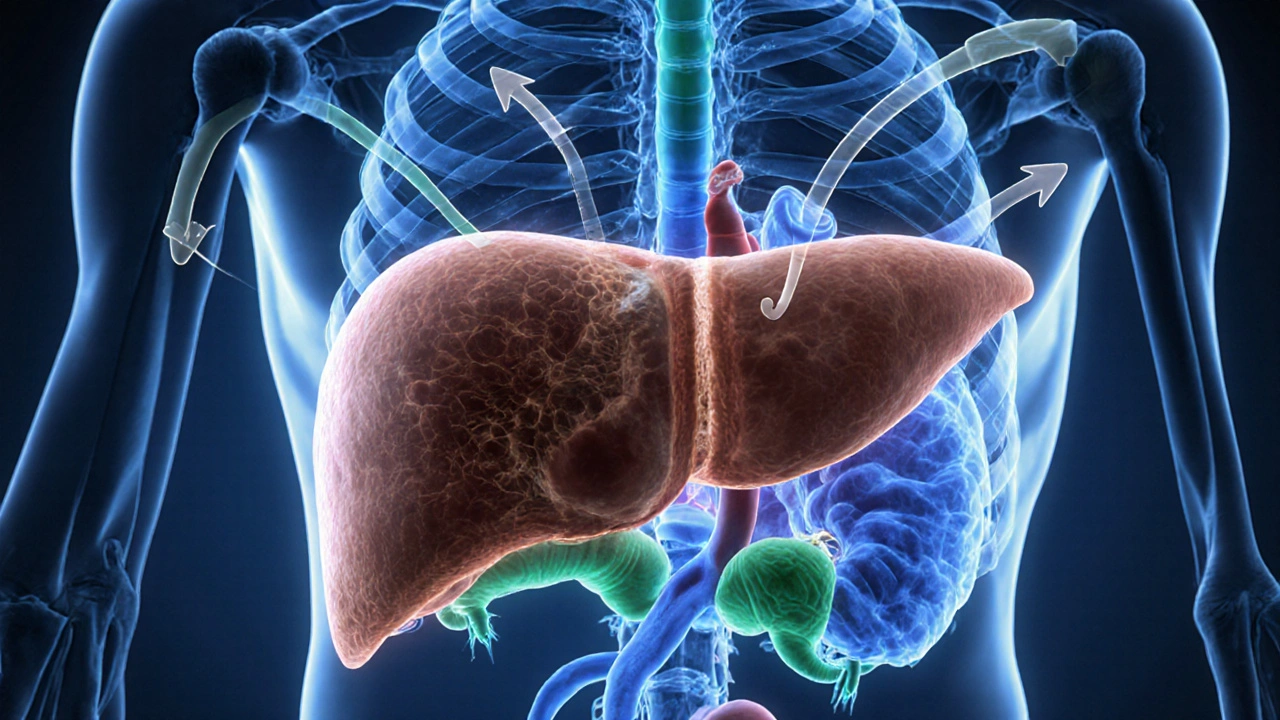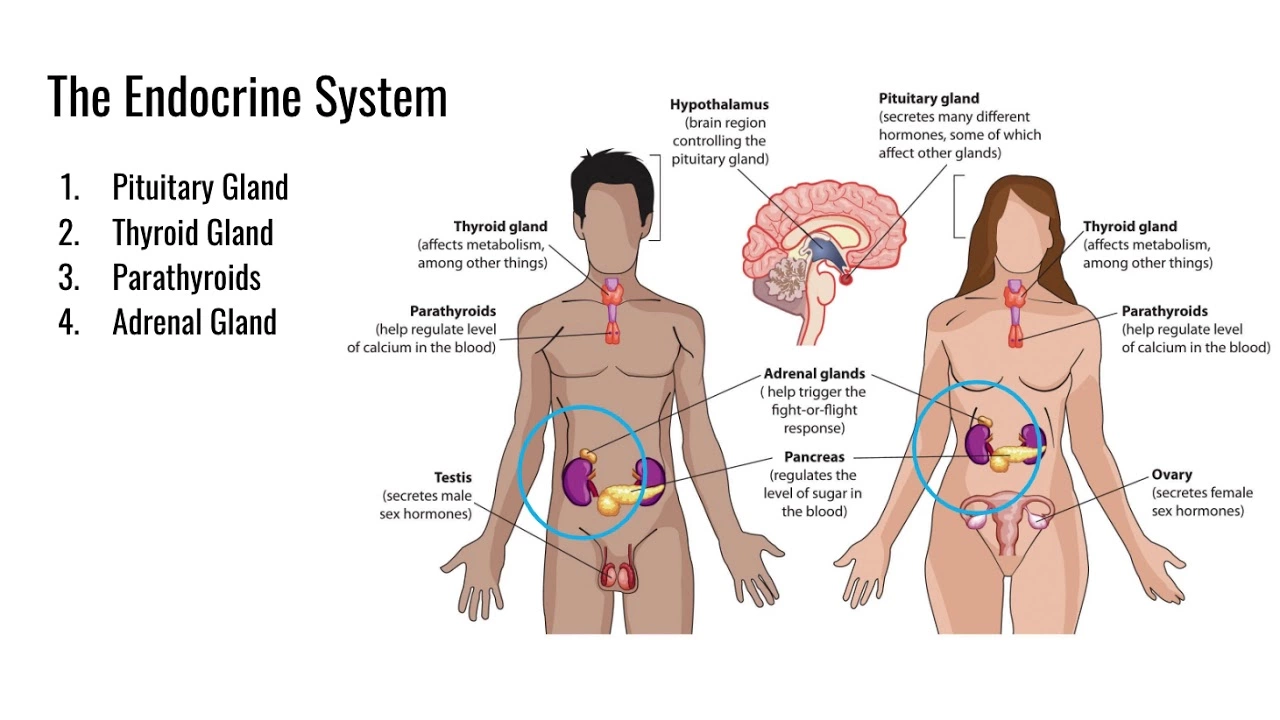Endocrine System: How It Works and Why It Matters
The endocrine system is like your body's chemical messenger service. It uses hormones to tell different parts of your body how to grow, use energy, and stay balanced. These hormones come from glands, like the thyroid, adrenal glands, and pancreas, and each has a unique role.
When your endocrine system works smoothly, your body can regulate things like metabolism, mood, and even reproduction. But when it’s off balance, you might notice symptoms like tiredness, weight changes, or mood swings.
Common Endocrine Issues and How to Spot Them
Problems in the endocrine system can show up in many ways. Hypothyroidism, where the thyroid doesn’t produce enough hormone, can make you feel sluggish and cold. On the flip side, hyperthyroidism speeds up your metabolism, causing weight loss and nervousness. Diabetes is another common issue tied to the pancreas’s ability to manage blood sugar through insulin.
Keep an eye on signs like unexpected weight shifts, feeling unusually tired, or changes in mood and appetite. Getting these checked with your doctor can catch issues early.
Simple Tips to Support Your Endocrine Health
Good news: small lifestyle choices can make a big difference for your endocrine system. Eating a balanced diet rich in fruits, veggies, and whole grains supports hormone production. Regular exercise helps regulate insulin and cortisol, the stress hormone. Managing stress through mindfulness or hobbies lowers cortisol levels that can throw your system off.
Also, avoid smoking and limit alcohol. These habits can stress your glands. And don’t skip regular check-ups—blood tests can track your hormone levels and help catch problems early.
Your endocrine system may be behind the scenes, but it’s key to feeling your best every day. Understanding how it works and what affects it can keep you in tune with your body’s needs and help you take action when something feels off.

Liver Failure & Endocrine System: Essential Facts & Hormone Impacts
Learn how liver failure disrupts insulin, thyroid, sex hormones and cortisol, recognize symptoms, and manage hormonal imbalances for better health.
Continue Reading
The Role of Hormones in Tumor Growth
I recently came across an interesting topic about the role of hormones in tumor growth. It turns out that hormones can actually contribute to the development and progression of certain cancers. They can stimulate cancer cells to grow and divide, making the tumor larger and more aggressive. As a result, hormone therapy is often used as a treatment option to block the effects of these hormones on cancer cells. It's quite fascinating how these tiny molecules have such a significant impact on our health, and it's crucial for us to be aware of their potential effects on tumor growth.
Continue Reading



